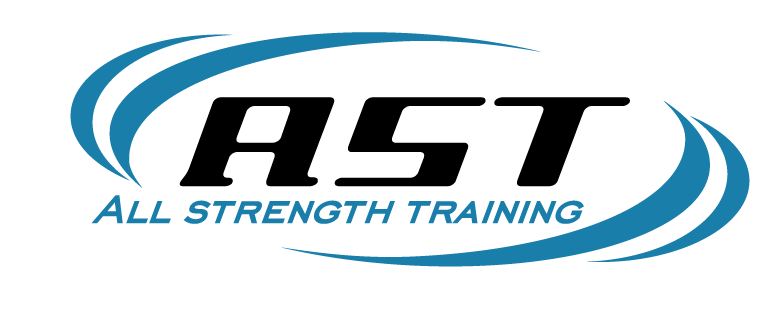Quick Tip: Limit Caffeine Post-Workout

For many people, a morning cup of coffee is a bit of a ritualistic experience. All you have to do is spend 10 minutes inside a Starbucks at 5am and take note of the number of mental zombies rattling off an order so complicated you’re not sure if they’re getting a cappuccino or giving nuclear launch codes.
We’ve touted the benefits of caffeine on this site before, but what about timing? Maybe you’re somebody who has to hit the gym first thing in the morning, and you don’t get around to your morning fix until you hit the break room at the office. Or maybe you work out after work, and then brew a pot of coffee so you can stay up later to finish all the work you didn’t get to during the day. Well, get ready for some bad news, because your coffee may be doing more harm than good the way you’re doing it.
First, let’s look at some of the things we know about coffee and caffeine in general:
- Coffee raises cortisol, a stress response hormone. We know that too much cortisol is a huge issue in our modern culture and can have pronounced impact on health and body composition.
- Coffee acts as a natural diuretic, therefore impacting nutrient absorption. Who here has uttered the phrase “uh oh, my coffee’s running right through me” before?
- In a significant percentage of people, caffeine acts as much as a physical stimulant as it does a mental one, thanks to that big boost in cortisol courtesy of your adrenal glands.
- Caffeine has been shown to decrease insulin sensitivity. Not long-term, but temporarily due to the spike in cortisol, which, again, as we know, means that if cortisol goes up, blood sugar management temporarily goes down.
So what does this mean in the context of drinking it after training?
- We want cortisol to go up shortly before and during training, as acute increases in cortisol actually help to mobilize bodyfat. When it’s already elevated, however, the last thing you want to do is add more. Your goal should be to bring cortisol back down to normal as fast as possible after training.
- You want to drive nutrients into the cells quickly after training to help promote recovery and protein synthesis. Emptying the GI tract too quickly is not going to help your post-workout shake be any more effective and will likely counter a lot of the benefits.
- It’s okay to want to stimulate your mind after training, but we want to avoid amping up your nervous system at the same time. Instead, nutrients that have been shown to cross the blood-brain barrier such as acetyl-L-carnitine, bacopa extract, and alpha GPC would be a better option.
- Post-workout is one of the best times to take in carbs. That is, unless your insulin sensitivity is suppressed. Thanks, but no thanks, coffee.
The takeaway? Save caffeine for pre-workout use only if possible. If not, at a minimum, give your body 3-4 hours after training to get cortisol levels back to a normal state before having a follow-up dose.
